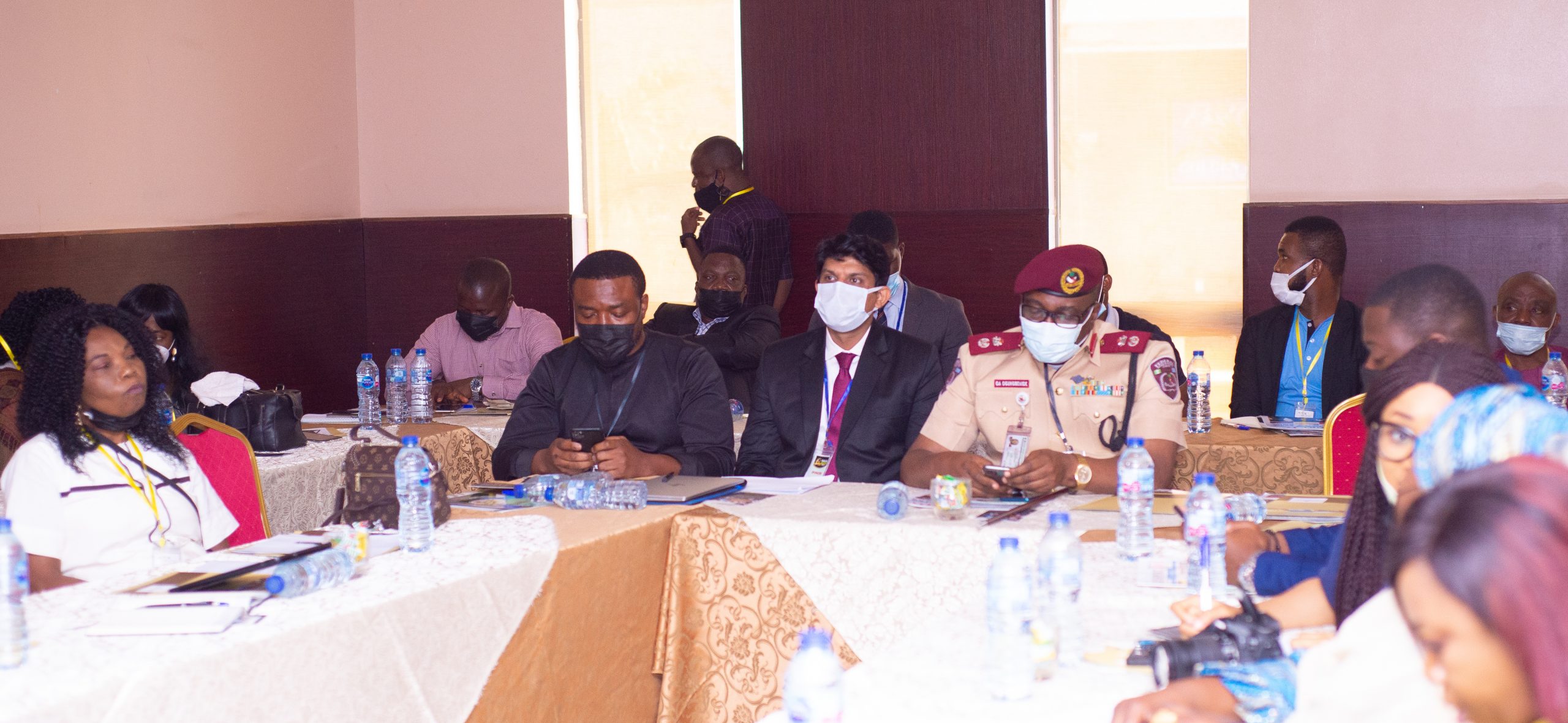Leading stakeholders of the Nigerian automobile industry have proffered solutions on how Nigeria can take advantage of the growing preference for electric vehicles across the world to develop its economy.
Speaking at the just concluded NAJA’s Annual Training workshop held in Lagos recently, Gaurav Vashisht, Hyundai Nigeria’s Head, Sales and Marketing, said the government must assist local assemblers of electric vehicles in the country.
According to him, the government needed to incorporate into auto policy a form of subsidy for Electric vehicles.
He said: “For the price to come down, we need to increase sales volume. And the easiest and safest way to achieve this is via subsidy.
“Since we launched Kona into the Nigerian market, the reception has been tremendous, not only because it can cover 482 kilometers when fully charged, but the fact that all components of the car are protected against water. It’s all secured. We have made it known to Nigerians that, when you own a Kona, simply treat it like any other vehicle.
“But we are not yet making the desired impact. At about N24 million, it is only high net worth individuals, who can afford one. The price will need to come down for it to become affordable to average car buyers.”
In his own submission, the chief executive officer of OMAA, Chinedu Oguegbu, said time has come for Nigerians to start using natural gas-powered vehicles.
Oguegbu who stated this during his technical presentation of the opportunities arising from the use of natural gas vehicles, said that the increasing importance of natural gas in the world which is expected to form 26% of the energy mix by 2040 cannot be under-estimated.
According to the boss of OMAA bus manufacturer, “Government policies and technological advancements have led to focus on increasing the output of electric vehicles (EVs) and natural gas vehicles (NGVs). Transportation currently accounts for 15% of Carbon Emissions and vehicles represent a major part of this figure”.
He added “With Nigeria committing to the Paris Agreement to reduce the rate of climate change globally, there is an increased push by the government to promote more environmentally friendly vehicles: EVs, NGVs and Hydrogen.
“The advantages of using natural gas include up to 60 percent savings in the cost of fuel relative to other options like diesel and petrol, and up to 90 percent reduction in knocks and carbon emission for a healthier, cleaner and more environmentally friendly fuel alternative.
Meanwhile, the Director-General of the National Automotive Design and Development Council (NADDC), Jelani Aliyu, said that the council was lobbying the assembly to ensure that the bill was passed within the year.
Aliyu said that Electric Vehicles (EVs) remained the future of automobiles globally with many countries setting targets for migration into electric vehicles, saying Nigeria is also toeing a similar path.
According to him, a lot of developments like the EVs as well as gas-powered vehicles are springing up as the government fine-tunes the auto policy bill.
On the charging stations for electric vehicle, the DG stressed that it was not the business of the Federal Government to put charging stations across the nooks and crannies of Nigeria.
Dr. Boboye Oyeyemi, the Corps Marshal of the Federal Road Safety Corps (FRSC), said migration into electric vehicles would reduce the dangerous emissions from fossil fuel vehicles, mostly second hand flooding the Nigerian market.
Oyeyemi, represented by the Lagos Sector Commander, Olusegun Ogungbemide, said the migration is so important to Nigeria especially in the area of health.
Apart from the lead sponsor; the National Automotive Design and Development Council (NADDC), other sponsors of this year’s training workshop are Toyota Nigeria Limited, Weststar Associates Limited, franchisees of the Mercedes brand, Jet Systems Limited; assemblers of Jet brands of electric vehicles for passenger and commercial uses and Autochek Africa; online automotive marketing and financing option providers.
Other sponsors include Stallion Motors CFAO Motors, Coscharis Motors, OMAA, Kojo Motors, franchise owners of Yutong electric buses and the Federal Roads Safety Commission, (FRSC).

 Football6 days ago
Football6 days ago
 Entertainment5 days ago
Entertainment5 days ago
 Football1 week ago
Football1 week ago
 Business5 days ago
Business5 days ago
 Football1 week ago
Football1 week ago
 Football6 days ago
Football6 days ago
 Crime6 days ago
Crime6 days ago
 Health5 days ago
Health5 days ago

